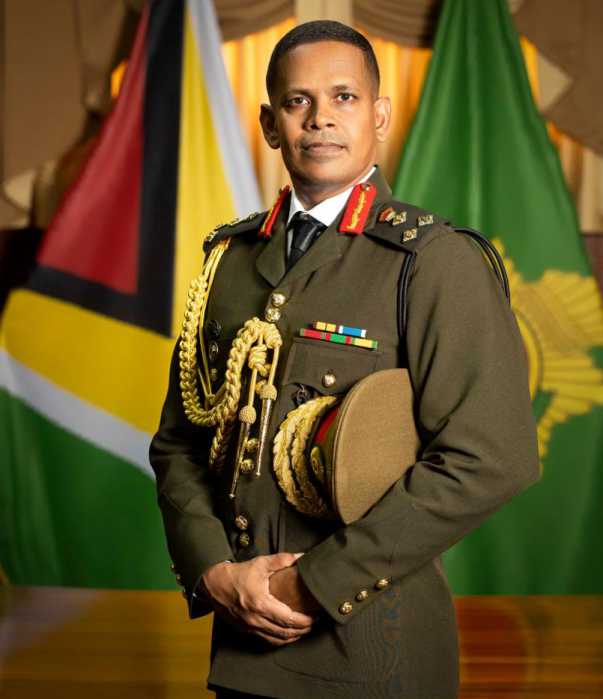The World Bank says it will be deepening engagement with Guyana in the next two years by strengthening climate resilience, improving education quality and laying the ground for private sector development.
The Washington-based financial institution said that its board of executive directors on Tuesday discussed a new country engagement note for the Caribbean Community (CARICOM) nation.
“To boost competitiveness in the country, it is essential to tackle climate risks, generate the skills needed for the jobs of tomorrow, and create the right business ecosystem,” said World Bank’s Country Director for the Caribbean, Sophie Sirtaine. “This marks an important step in our engagement with Guyana to help build an inclusive and green economy.”
With the fall of commodity prices, severe drought affecting the region, and the end of the oil for rice program, the World Bank said Guyana’s economic growth has slowed down from 5 percent growth in 2013 to 3 percent in 2015.
The bank said Guyana’s economy is forecast to expand by 4 percent annually over the next two years, assuming that global commodity prices will not drop any further.
“We must ensure that we make the very best choices possible to take advantage of our natural endowments to create a more cohesive and prosperous society on behalf of the people of Guyana,” said Winston Jordan, Guyana’s minister of Finance. “This renewed partnership with the World Bank is a sign of the government’s commitment to fighting poverty and climate change.”
The bank said Guyana is one of the most vulnerable countries to climate change, stating that nearly 90 percent of country’s population lives in the narrow coastal plain, largely below sea level.
“Specifically, the projects will continue improving flood preparedness through improved hydro-meteorological monitoring and the rehabilitation of critical infrastructure to reduce the risk of flooding in the East Demerara coast,” the World Bank said.
It also said that while Guyana has made progress in achieving universal primary education, learning remains an issue across grade levels.
The World Bank said student learning achievement in secondary education show that only 50 percent pass mathematics and 70 percent pass English in 11th grade.
To improve education quality from early childhood to university, the bank said it will help strengthen the University of Guyana through curriculum improvements, teachers training in mathematics, and a pilot technology-assisted learning in mathematics.
It will also provide early childhood education support to all nursery and Grade 1 classes in the hinterland regions and targeted remote areas.
In addition, the World Bank said it will focus on strengthening the financial infrastructure and the business regulatory environment to support the government’s efforts to promote private sector growth and access to finance.


























